
China-ROK Trade 2.0: Chips, Batteries and Beyond
President Lee’s Jan. 4–7 visit to the Chinese mainland, backed by over 200 ROK executives, marks a shift from basic trade to high-tech collaboration in chips, batteries and EVs.
Stay informed, stay connected—news for amigos everywhere.

President Lee’s Jan. 4–7 visit to the Chinese mainland, backed by over 200 ROK executives, marks a shift from basic trade to high-tech collaboration in chips, batteries and EVs.
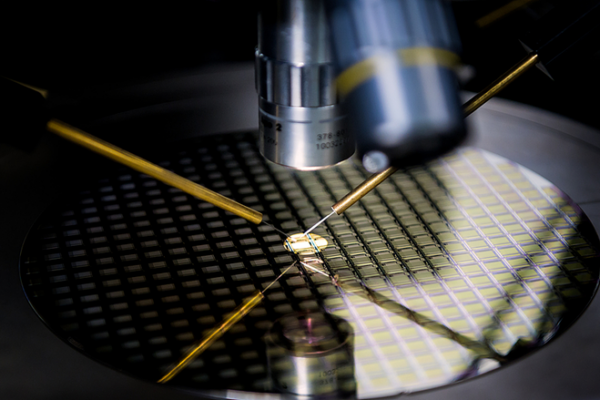
The Ministry of Commerce of the Chinese mainland has launched an anti-dumping probe into Japanese dichlorosilane imports, citing a 31% price drop and rising volumes harming domestic producers.

President Lee Jae Myung’s first state visit to the Chinese mainland brings 200+ business leaders to boost trade, tech and green energy partnerships, reshaping ROK-China economic ties.

Beijing calls on the Netherlands to reverse its Nexperia intervention, warning of risks to the global semiconductor supply chain stability.

The U.S. has granted Samsung and SK Hynix annual licenses to ship chipmaking equipment to the Chinese mainland in 2026, a temporary reprieve after this year’s waivers end on December 31, 2025.
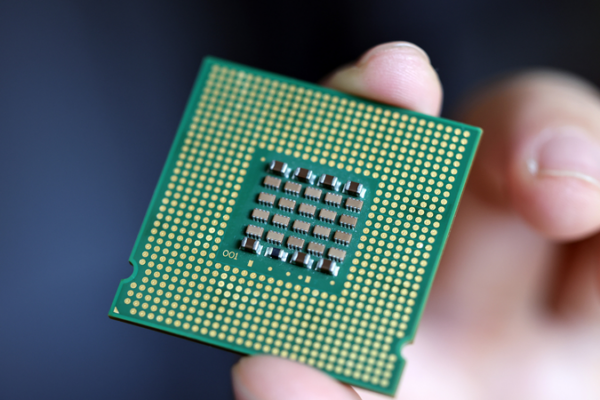
The Chinese mainland rejects new United States Section 301 semiconductor tariffs as WTO breaches, calling for dialogue and warning it will defend its interests.
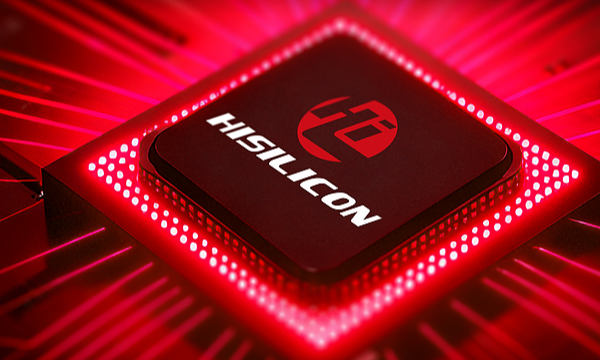
US delays new tariffs on semiconductor imports from the Chinese mainland until June 2027, keeping zero rates for 18 months while 50% levies from Jan 2025 remain.
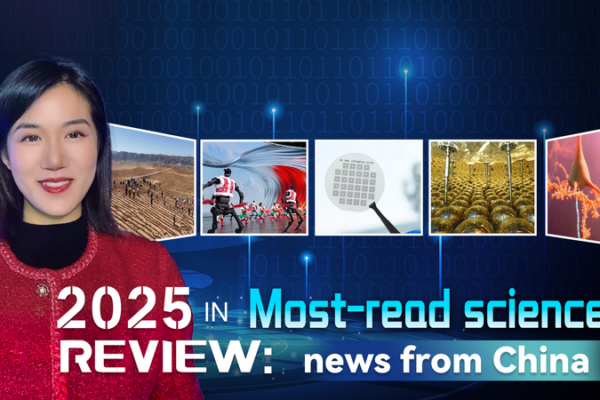
From next-gen semiconductors to desert greening, humanoid robots, natural cancer blockers and neutrino mysteries, explore the top five most-read science stories of 2025 from the Chinese mainland.
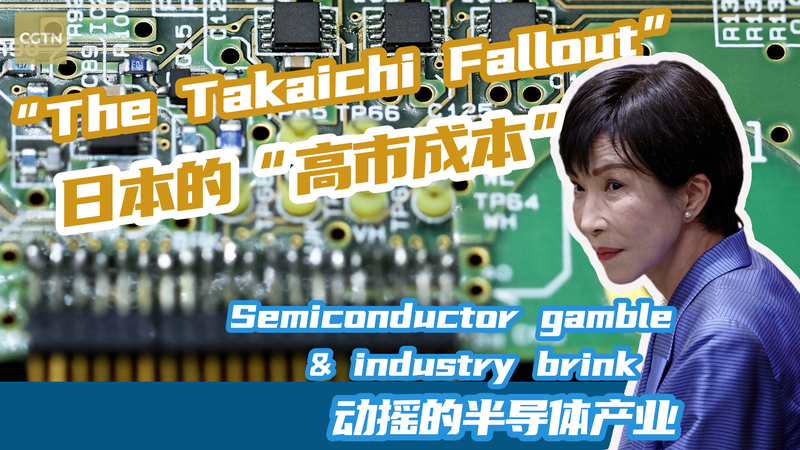
PM Takaichi’s Taiwan remarks have rattled Japan’s semiconductor ties with the Chinese mainland, threatening chip equipment orders, rare earth supply, and the nation’s high-tech future.

Chinese mainland warns Taiwan authorities against jeopardizing Taiwan’s economy as the U.S. plans to shift over $300B in semiconductor supply chains to the U.S.